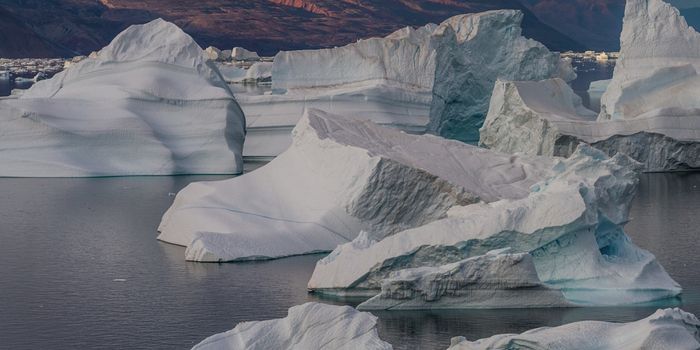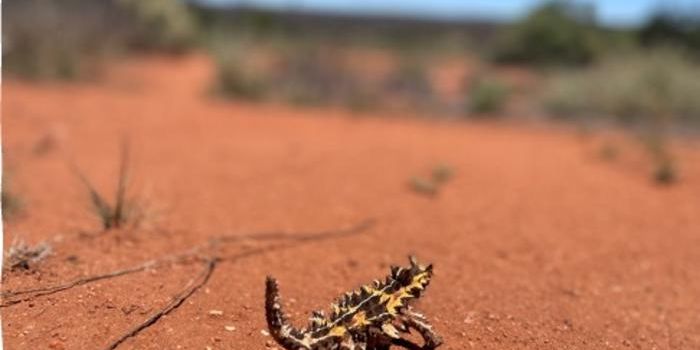Coral reefs' genetic diversity threatened by humans
We all know that coral reefs are under extensive threat from climate change and pollution, many facing complete devastation within decades or sooner. Now a new study from researchers at the University of Hawai'i at Manoa School of Ocean and Earth Science and Technology (SOEST) gives us another reason for concern: anthropologic environmental stressors are disrupting the genetic composition of reefs in Hawai'i.
Other studies, like the one mentioned in the video above, are investigating the genomes of coral reefs in an attempt to understand how coral reefs are adapting to climate change. The study from SOEST looked at how genetic composition, and in turn, reef resilience, is being affected by specific human actions such as coastal pollution and poor land-use practices.
The scientists looked at the genetic structure in the lobe coral Porites lobata in Maunalua Bay, Oahu and those from sites on West Maui. As they write in their study, they compared corals in highly variable and high-stress nearshore sites and adjacent less variable and less impacted offshore sites on the islands of Oahu and Maui, Hawaii.
They confirmed that there is a continued loss of sensitive genotypes in nearshore coral populations stemming as consequences of human actions. Specifically, they noticed that nearshore corals in these particular sites were more genetically similar than nearshore and offshore corals coming from the same island. Science Daily explains:
“This pattern can be described as isolation by environment in contrast to isolation by distance. This is an adaptive response by the corals to watershed discharges that contain sediment and pollutants from land.”
Co-author Robert Richmond, director of the Kewalo Marine Laboratory, commented, "While the results were not surprising, they clearly demonstrate the critical need to control local sources of stress immediately while concurrently addressing the root causes of global climate change. Additionally, this innovative science shows the need to track biodiversity at multiple levels."
The researchers hope their findings will help guide coral reef managers to develop strategies that enhance coral reef resilience at a genetic level while simultaneously sounding an alarm for the general lay-person about their own personal habits. "This study shows the value of applying molecular tools to ecological studies supporting coral reef management," urges lead researcher Kaho Tisthammer.
Sources: Peer J, Science Daily









